When Tim Berners-Lee invented the world wide web in the late 1980s, no one could have predicted how dramatically it would alter the world forever. Fast forward to 2021, and it is unimaginable not to have the internet as a social platform, information tool and 24/7 global marketplace.
In the last decade, the world of e-commerce has blossomed, yet the concept of business ethics has largely been ignored. There have been odd whispers of companies’ poor ethical practices over the years. Still, these concerns have lost traction, usually as the proportion of people concerned is marginal.
In the last few years, however, people have become more vocal about socio-political issues. As a result, business ethics have become a prominent and forceful point of discussion. But what do we mean by business ethics, and how do we learn about a companies ethics?
What are business ethics?
- Being transparent and providing customers with relevant information so they can make informed purchases.
- Respect for the workforce – and specific industries, animal rights
- How they interact and aim to minimise their impact on the environment
How do we educate ourselves?
1. Look for Transparency
Most companies who want to be transparent with their customer base will have a page dedicated to their values, aims and objectives. This webpage may include how they manufacture their products, where they source them from, or how they intend to progress more ethically in the future.

2. See if they’re certified (If applicable)
As a whole, customers are starting to expect specific standards from the companies they purchase from. The cosmetics industry is an excellent example of this. Consumers have become more knowledgeable about the impact of animal testing and animal by-products in cosmetic products. Many customers are now only prepared to support certified cruelty-free and vegan companies.

The food industry is another area where customers are demanding more from their suppliers. The tell-all Netflix documentary ‘Seaspiracy’, for example, launched a demand for sustainably sourced and dolphin-friendly fish. Similarly, the labels ‘100% British’ and ‘free-range’ have also become staple marketing points in the meat and poultry industries.

3. Find out if the company is independent
Unbeknown to many of us, smaller brands are often owned by large companies or conglomerates. For example, the Boohoo Group owns companies such as Coast, Oasis, Nasty Gal, Wallis & Pretty Little Thing, to name a few. Working out who owns the companies you like to buy from or finding out if they’re independent may affect how ethical their practices are.

4. See how they are rated
Ethical comparison websites have popped up all over the internet, eager to help consumers find out more about brands without hassle. Sites such as Ethical Consumer (all products) and Panaprium (garments/shoes) rank brands based on their ethical practices.

Want to see how we can grow and scale your brand? Get in touch today!
















.svg)